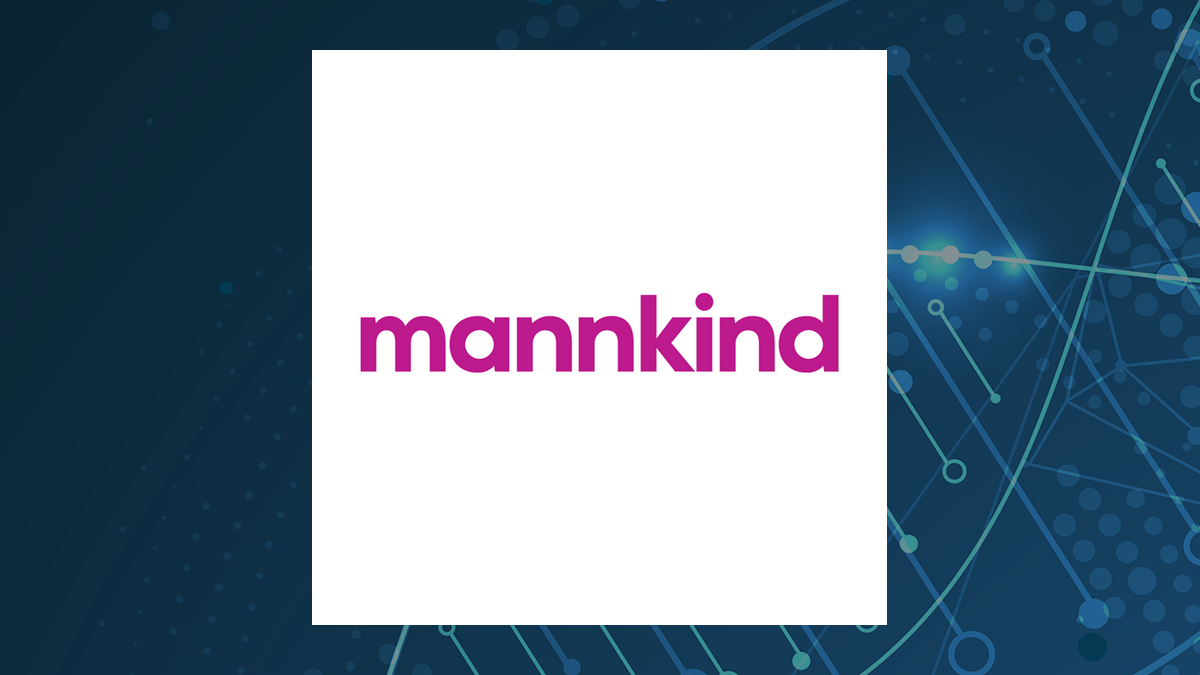A data scientist uses mathematics, coding, and industry knowledge to extract insights from complex datasets. They interpret large archives, build machine learning simulations, and create information-powered solutions for businesses. Key expertise includes Python, R, SQL, and big data platforms like Hadoop and Spark.
Specializations range from predictive analysis to deep learning and commercial knowledge. Data scientists use predictive modeling, machine learning algorithms, content analytics, neural networks, visual analytics, and clustering algorithms to solve complex problems and make strategic decisions. They connect technology and technique, making statistics an essential asset.

For aspiring data scientists, acquiring key skills is no longer optional - it's essential. Industry experts stress that mastering core areas is crucial for success in this in-demand career. Data scientists need to learn probability and statistics to design machine learning models and algorithms of the best quality.
Concepts of statistical analysis like linear regression are important in machine learning. Data scientists need to be able to collect, analyze, organize, and represent data as well as fully grasp variance, standard deviation, mean, median, and mode. One of the core principles of data science is machine learning, enabling computers to learn from data, identify patterns, and make predictions or judgments without needing to be explicitly programmed.
It encompasses methods for activities such as clustering, regression, and classification, which enable automation and knowledge in a range of applications. Cleaning, inspecting, and scrutinizing raw data are all included in data analysis, which is a core data science skill. Statistical methods and visualization are used by analysts to discover patterns, trends, and insights to get answers, make decisions, and prepare data for machine learning models.
In data science, visualization is necessary because it takes complex datasets and translates them into simple graphs and charts. This helps to identify patterns, communicate effectively with stakeholders, and explore data to build models. Seaborn and Matplotlib are two Python libraries that are essential for creating effective visualizations.
Mathematics forms the basis of data science. Linear algebra is crucial in data representation and manipulation, especially in machine learning algorithms. Calculus assists in model optimization through means like gradient descent.
Conceptions of uncertainty, conclusion drawing, and data-driven decisions rely on probability and statistics . Alongside developing these core skills, enrolling in relevant courses offers a structured pathway to becoming a proficient data scientist. Bootcamps: With an emphasis on Python, statistics, machine learning, and visualization based on real-world projects, intensive data science bootcamps quickly get students career-ready.
An informed choice is vital for career changes and requires scrutiny of the curriculum, faculty, cost, structure, and career support. Researching reputability ensures a valuable, faster learning investment. Certificate Courses: Data science certificate programs offer specialized training in specific areas such as Python /R, machine learning, and stats.
They are ideal for specializing or reskilling since they are brief and specialized compared to degrees or bootcamps. A great amount of flexibility is provided by online options. In making a choice, consider curriculum, instructor experience, career services, and reputation.
Popular options include sites like Udacity and Coursera. Online Courses: Flexible education is offered by online data science courses, which include basic concepts such as machine learning, statistics, and Python. Beginner to intermediate courses are available through platforms such as Coursera, edX, and DataCamp.
Several enhance career prospects by issuing credentials on completion. Choose classes based on your learning style, career goals, and skill level. 1.
edX: An edX data science course enhances job prospects in the data-driven sector by offering structured learning from esteemed universities and paving the way for skills in high-demand areas. 2. Coursera: You can enhance your résumé and job opportunities in a highly sought-after sector by taking a Coursera data science class, which provides structured learning and foundational skills in data analysis, machine learning, and programming (e.
g., Python). 3.
Udemy: Future data scientists can begin with a Udemy data science course, which offers a flexible and affordable means of gaining core skills such as Python, statistics, and machine learning. 4. DataCamp: For beginners and career-changers alike, DataCamp 's data science courses offer a structured, hands-on way to master essential skills such as Python, statistics, and machine learning.
Statistical proficiency, machine learning, data analysis, visualization, and mathematics are required to become a data scientist. It's important to master big data platforms, R, Python, and SQL. Career progression is expedited through structured learning channels, such as boot camps, certifications, and online courses on platforms like Coursera, edX, and DataCamp.
It's important to choose the best program by reputation, course material, and career assistance. Data scientists can thrive in this extremely competitive, data-oriented profession with dedication and continuous education..















